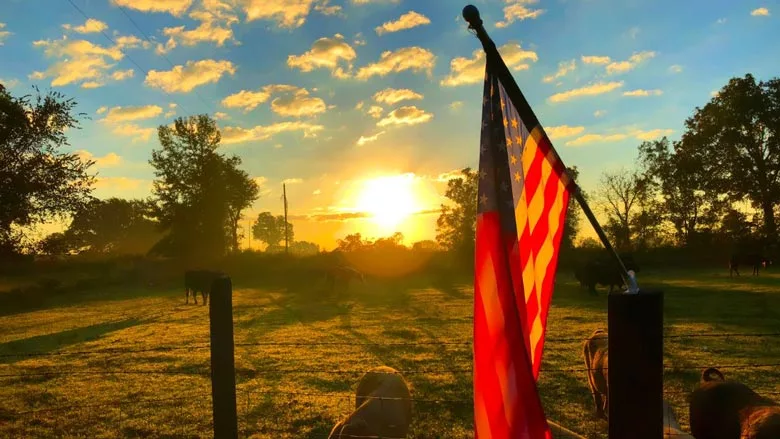The USDA Farm Bill: Understanding the Agricultural Landscape and how it Impacts Drillers
The agriculture sector depends on these bills to prosper—what does this mean for drillers?

Photo: Getty Images
The USDA Farm Bill, a comprehensive piece of legislation renewed every five years, shapes the agricultural landscape of the United States. It impacts everything from farming livelihoods and food production to the conservation of natural resources.
As the current Agriculture Improvement Act of 2018 nears its expiration on September 30, 2024, it's essential to understand how this legislation influences the future of drilling and outdoor labor, particularly in the water well drilling sector but also touching on the geotechnical and geothermal fields as well.
Key Components of the USDA Farm Bill
The Farm Bill comprises several titles, each addressing different facets of agricultural policy. These include:
Commodities (Title 1): Provides price and income support for farmers growing major crops like corn, soybeans, wheat, and rice, and includes agricultural disaster assistance.
Conservation (Title 2): Supports programs helping farmers implement conservation efforts on working lands, enhancing soil health, water quality, and habitat protection.
Rural Development (Title 6): Promotes economic growth in rural areas through business development, housing, and infrastructure improvements.
Energy (Title 9): Encourages the development and use of biofuels and renewable energy systems, crucial for reducing dependency on fossil fuels.
Impact on Drillers and Outdoor Laborers
Unsurprisingly, the USDA Farm Bill significantly impacts the water well drilling industry through its Conservation title, which funds programs like the Environmental Quality Incentives Program (EQIP). EQIP supports practices that improve water quality, often translating into increased demand for water well drilling services to ensure sustainable water sources for agricultural use.
This funding is critical as it drives the need for drilling services to support the agricultural sector’s water requirements, thereby sustaining the livelihood of water well drilling professionals and contributing to the industry's growth. This also helps increase the customer retention of water well drilling companies by emphasizing the need for water well infrastructures nationwide.
In addition, titles related to rural development and infrastructure within the Farm Bill often include provisions for the construction and maintenance of essential facilities. Geotechnical drilling plays a crucial role in these efforts by assessing soil and ground conditions before initiating infrastructure projects. This sector of the drilling industry benefits significantly from the Farm Bill every 5 years, as it drives the demand for geotechnical drilling services, ensuring that new developments are safe and sustainable.
Lastly, the Energy title of the Farm Bill also promotes the use of renewable energy sources, including geothermal energy. Incentives and grants provided for installing geothermal systems lead to more projects requiring geothermal drilling. This not only benefits the environment by supporting renewable energy initiatives but also boosts the geothermal drilling industry by creating new opportunities for projects and employment. For water well drilling companies seeking to dip into the geothermal market, this also provides a cross-sector opportunity for work, labor, and expansion.
Overall, it is clear to see how this bill plays a major role in the growth and development of our industry. However, with the bill set to expire on September 30, 2024, timely reauthorization is essential to continue the progress and support these critical sectors.
Preparing for the Future
The impending expiration of the current Farm Bill underscores the importance of timely reauthorization to avoid funding gaps and disruptions. While the last farm bill went through a long and tedious reauthorization process, there is hope that the 2024 process will be far more streamlined and ensure these projects and their funding remain underway and intact.
However, the reauthorization process involves extensive hearings, committee reviews, and stakeholder input. This is where our continued work and united voices play a major role. For drillers and those aligned with our industry, staying informed and speaking out about these developments is crucial for anticipating market demands and aligning business strategies with emerging trends. Together, we can develop a reauthorized farm bill that only furthers the growth and community engagement of our industry.
Looking for a reprint of this article?
From high-res PDFs to custom plaques, order your copy today!





